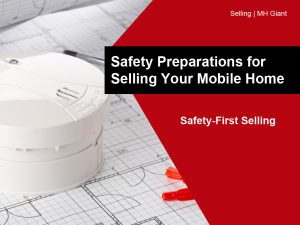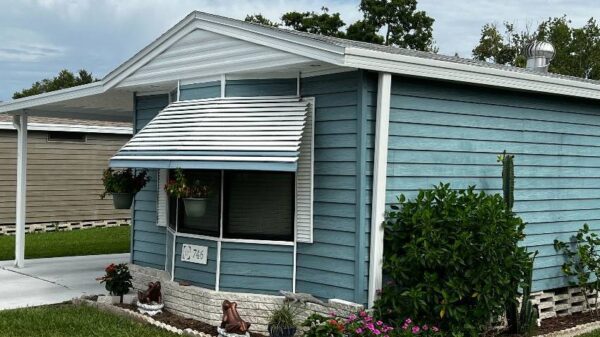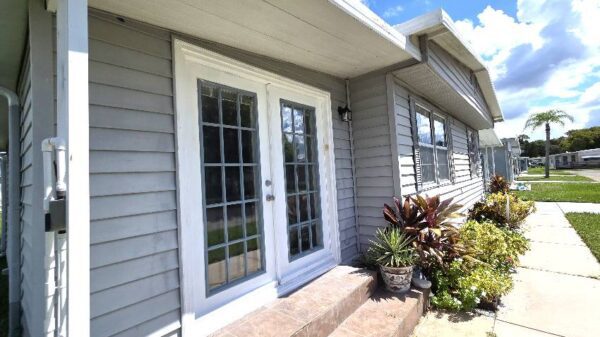What effects the Cost of Mobile Home Insurance?
When purchasing mobile home insurance, it’s vital to understand the various factors that influence your insurance premiums. Insurance providers evaluate several key aspects to determine the cost of coverage, and being aware of these factors can help you make more informed decisions. Furthermore, you might even be able to take steps to reduce your premiums, ensuring that you get adequate coverage without overpaying.
In this guide, we’ll delve into the most important factors that affect mobile home insurance costs, allowing you to better navigate the insurance market and select the right policy for your needs.
Table of Contents
Key Factors That Impact the Cost of Mobile Home Insurance
1. Geographic Location of Your Mobile Home
One of the most significant factors impacting your mobile home insurance premium is the location of your home. Geographic regions prone to natural disasters, such as hurricanes, tornadoes, earthquakes, or wildfires, tend to have higher premiums. Insurers view homes in such high-risk areas as more vulnerable to damage, and therefore, more costly to insure.
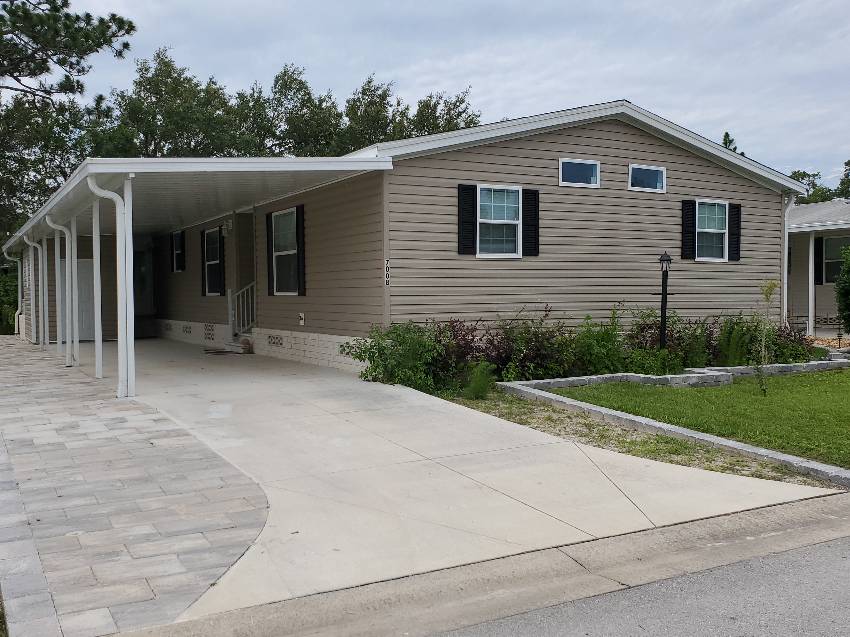
For example, mobile homes in Florida or coastal regions often face increased premiums due to the heightened risk of hurricanes and flooding. Similarly, homes in the Midwest might be more expensive to insure due to the potential for tornadoes. On the other hand, if your mobile home is located in a relatively safe area with fewer environmental hazards, your premium could be significantly lower.
Additionally, proximity to emergency services such as fire departments, police stations, or hospitals can also influence your premium. Homes located further from these essential services may face higher premiums because in the event of an emergency, response times might be slower, potentially leading to greater damage or loss.
2. Age and Condition of the Mobile Home
The age and overall condition of your mobile home are crucial elements that insurance companies consider when determining your premium. Older mobile homes typically have higher insurance premiums. This is due to the fact that older homes may have outdated materials or structures that are more prone to damage. Issues such as aging electrical systems, plumbing, or roofing may increase the likelihood of a claim being made, resulting in higher insurance costs.
Conversely, newer mobile homes or homes that have been well-maintained are viewed as lower risks. These homes are typically built with better materials, adhere to more modern safety standards, and are less likely to experience major structural problems. In many cases, newer mobile homes are constructed to withstand natural disasters better than their older counterparts, which can result in lower premiums.
Homeowners who make regular updates and improvements to their mobile homes, such as installing new roofing or upgrading electrical wiring, may also benefit from lower insurance rates. Ensuring that your home is in good condition not only helps reduce insurance costs but also enhances the overall safety and longevity of the property.
3. Coverage Limits and Type of Coverage
The coverage limits you select will directly impact your insurance premium. Mobile home insurance policies come with different levels of protection, and it’s essential to find a balance between sufficient coverage and affordable premiums.
If you opt for higher coverage limits, your premium will increase accordingly. Higher coverage ensures that in the event of a significant loss, such as a fire or natural disaster, you’ll receive enough compensation to replace or repair your mobile home and belongings. However, while it may be tempting to lower your coverage to save on premiums, doing so could leave you financially vulnerable if your home experiences a major loss.
There are several types of coverage you can choose from when insuring your mobile home. Standard policies may cover the basics like the structure of the home and personal belongings, but additional coverage options such as personal liability, loss of use, or comprehensive protection against specific perils may drive up your premiums. Ultimately, the type of coverage you choose should reflect the unique risks associated with your home and lifestyle, but keep in mind that more comprehensive coverage will cost more.
4. Deductible Amount
The deductible is the amount of money you agree to pay out of pocket before your insurance kicks in to cover the rest of the claim. This is another factor that can significantly affect your insurance premiums.
Typically, selecting a higher deductible results in lower premiums. Insurance companies reward homeowners who are willing to take on a greater portion of the financial burden in the event of a claim. However, it’s essential to choose a deductible that you can comfortably afford. While higher deductibles can help you save money on premiums, they can also leave you with a significant financial responsibility in the event of a loss.
For example, if you have a $1,000 deductible and experience a claim for $5,000 in damages, you’ll be responsible for paying the first $1,000 out of pocket, with the insurance covering the remaining $4,000. Balancing premium savings with an affordable deductible is key when making this decision.
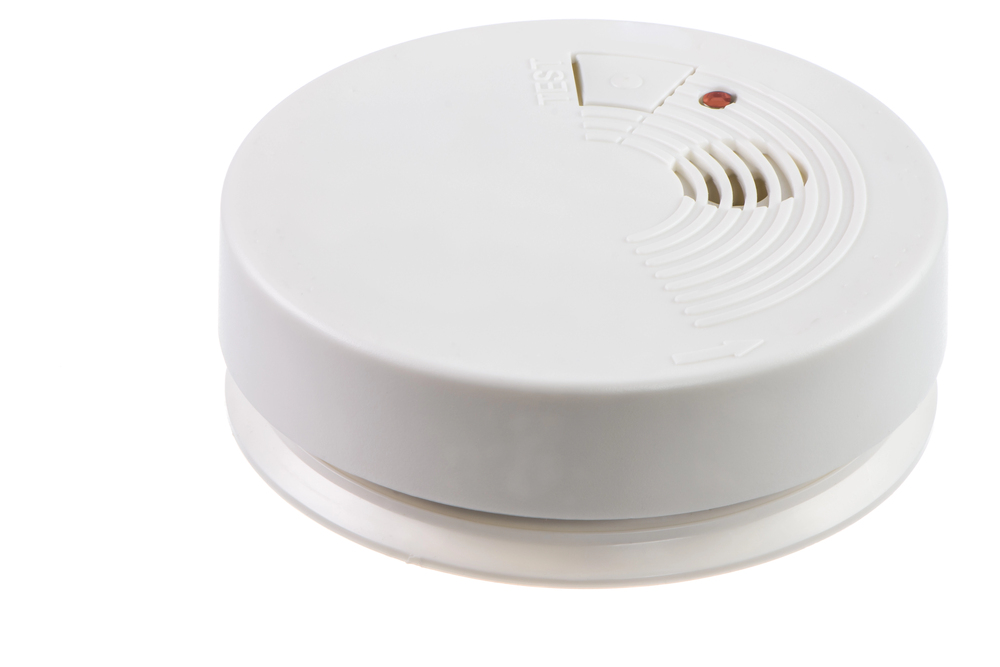
5. Security Measures and Home Safety Features
Security measures you implement can also play a role in determining your mobile home insurance premium. Insurance companies typically offer discounts for homes equipped with safety features such as smoke detectors, fire alarms, deadbolt locks, security cameras, and burglar alarms.
The logic behind this is simple: homes with adequate security measures are less likely to experience incidents like theft, fire, or vandalism. By reducing the likelihood of damage or loss, these measures make your home a safer bet for insurers. Consequently, the more security features you have in place, the greater your chances of reducing your premium.
In some cases, specific types of weather-related protective measures, such as storm shutters or reinforced roofing, can also lead to premium reductions. These enhancements demonstrate that you are taking proactive steps to safeguard your mobile home, making it a lower risk to insure.
6. Claims History
Your personal claims history is another critical factor that insurers use to calculate your premium. If you’ve made multiple claims in the past, insurers may consider you a higher risk, and as a result, they may charge higher premiums.
A history of frequent claims suggests that you are more likely to file additional claims in the future, which increases the potential cost for the insurance company.
Conversely, if you have a clean claims history with no significant losses or damage, you might enjoy lower rates. Maintaining a good claims history can help you secure more affordable coverage over time, as insurers view you as a lower risk.
To minimize the impact of claims on your premium, consider whether it’s necessary to file a claim for minor damages or losses. In some cases, it may be more cost-effective to pay for smaller repairs out of pocket to avoid the premium increases that can come with a history of frequent claims.
7. Credit Score
In many states, insurance companies are allowed to use your credit score as a factor in determining your insurance premium. While this practice has been met with some controversy, insurers argue that individuals with higher credit scores tend to be more responsible and pose a lower risk of filing insurance claims.
A higher credit score can translate into lower premiums because it suggests a higher level of financial responsibility and reliability. On the other hand, if you have a low credit score, you may face higher premiums as insurers may view you as a higher-risk policyholder.
Improving your credit score over time can potentially help lower your insurance costs. By paying bills on time, reducing debt, and maintaining a healthy credit history, you can improve your financial profile and potentially save money on insurance premiums.
8. Insurance Provider and Policy Shopping
Different insurance providers use various algorithms and risk assessment models to determine premiums. This means that the cost of coverage can vary significantly between companies, even for the same home and coverage levels.
Shopping around and comparing quotes from multiple insurers is one of the most effective ways to find the best coverage at the most competitive rate. It’s important to review not only the premiums but also the coverage options, exclusions, and deductibles to ensure that you’re getting the best value for your money.
Some insurance providers may offer specialized policies for mobile homes or provide discounts for bundling policies, which can further reduce your costs. Taking the time to research different providers and policies can lead to substantial savings.
9. Bundling Policies
Bundling is another cost-saving strategy that can help reduce your mobile home insurance premiums. Many insurance companies offer discounts to customers who purchase multiple policies from the same provider, such as combining your mobile home insurance with auto, life, or umbrella insurance.
By consolidating your insurance needs with one provider, you may be eligible for discounts that can lead to significant savings over time. Additionally, bundling your policies can simplify your insurance management, as you’ll have a single point of contact and potentially lower administrative fees.
Summary
Understanding the factors that influence your mobile home insurance premiums allows you to make informed decisions about your coverage. While factors like location, age of the home, and claims history may be out of your control, there are several other elements—such as improving your home’s security features, increasing your deductible, and shopping around for the best rates—that can help you lower your premiums.
Keep in mind that while reducing your premiums is essential, it’s equally important to ensure that you have sufficient coverage to protect your investment. Balancing cost with comprehensive protection will give you the peace of mind you need, knowing that your mobile home is well-protected against unforeseen events.
 A history of frequent claims suggests that you are more likely to file additional claims in the future, which increases the potential cost for the insurance company.
A history of frequent claims suggests that you are more likely to file additional claims in the future, which increases the potential cost for the insurance company.
